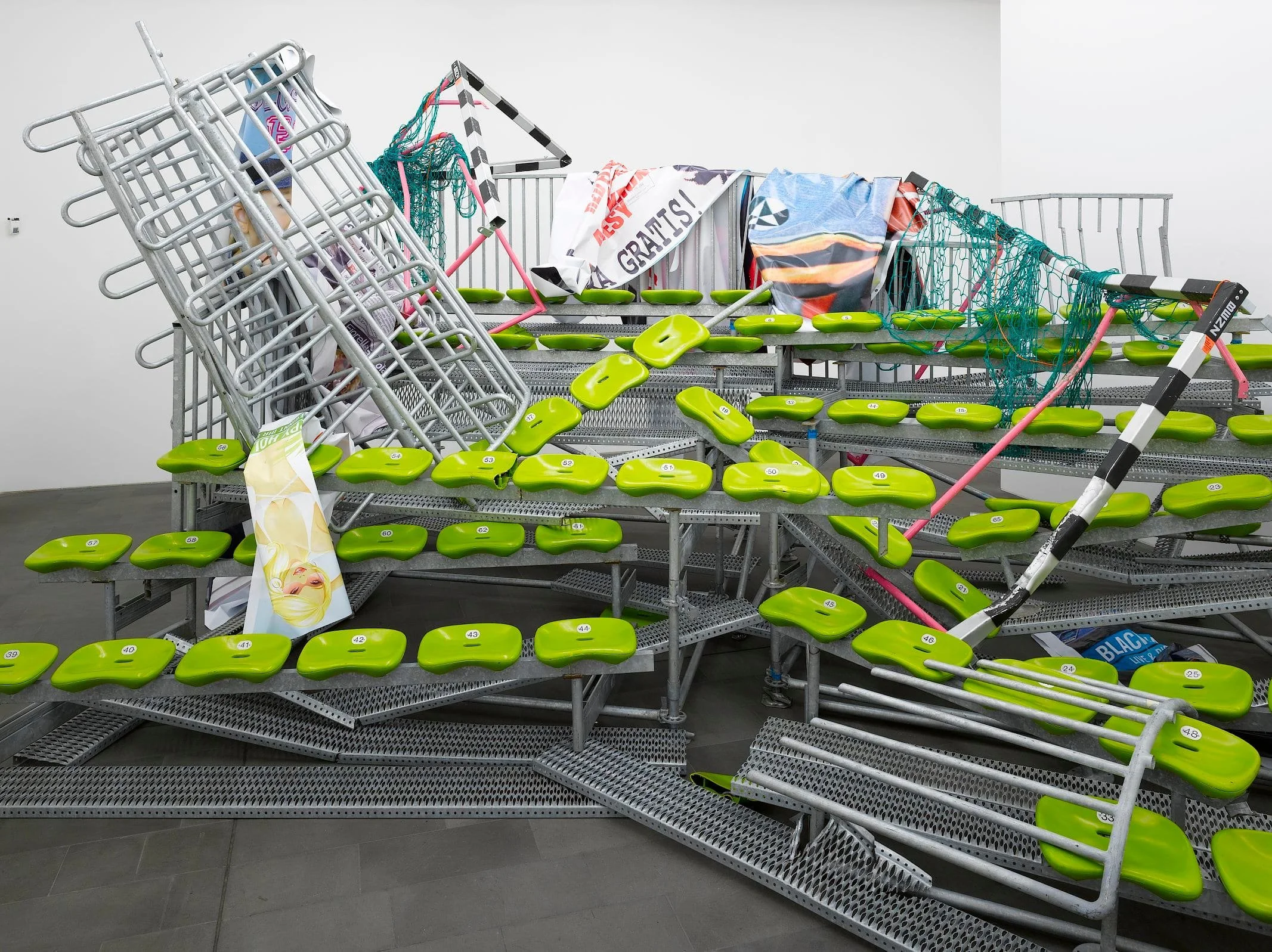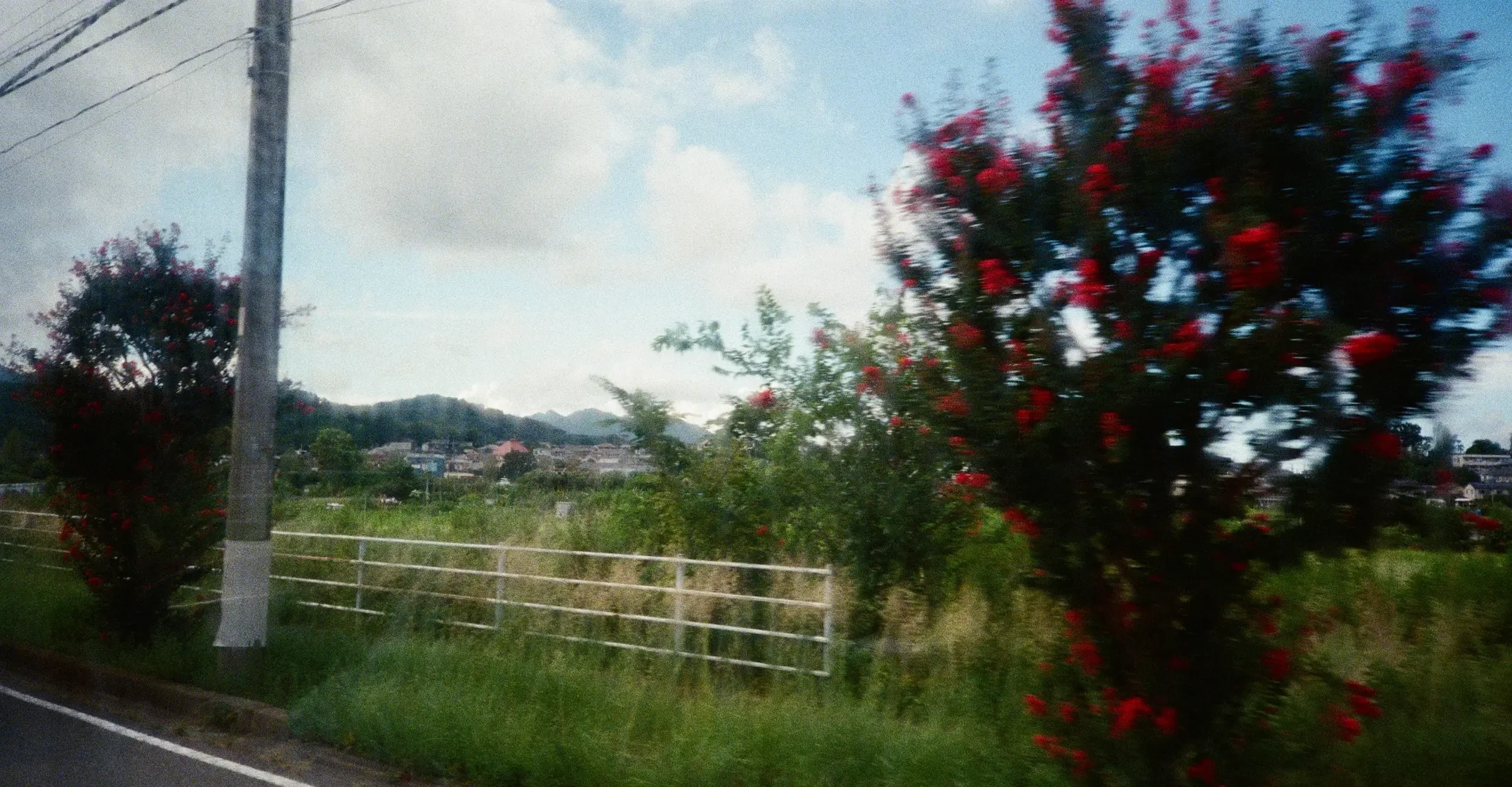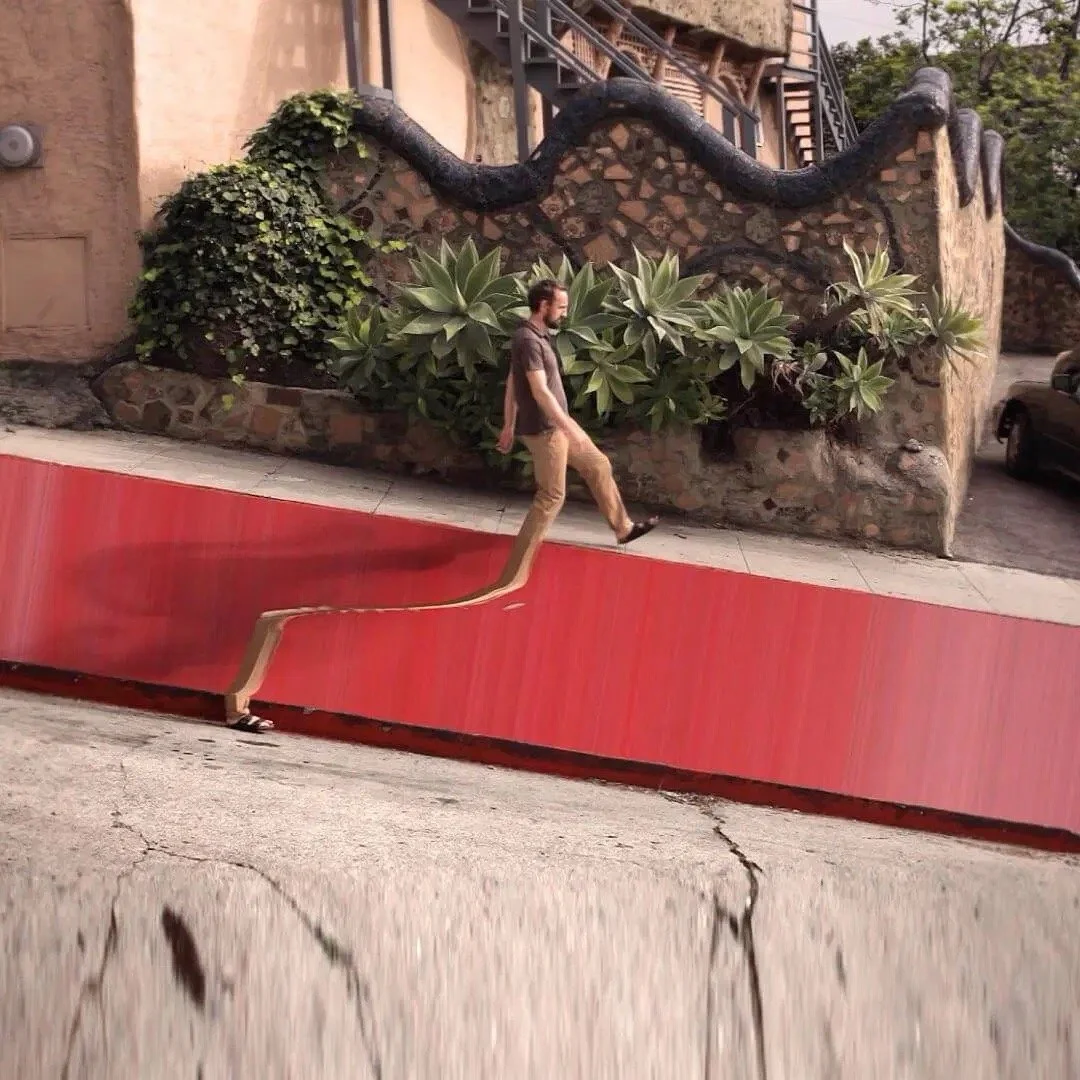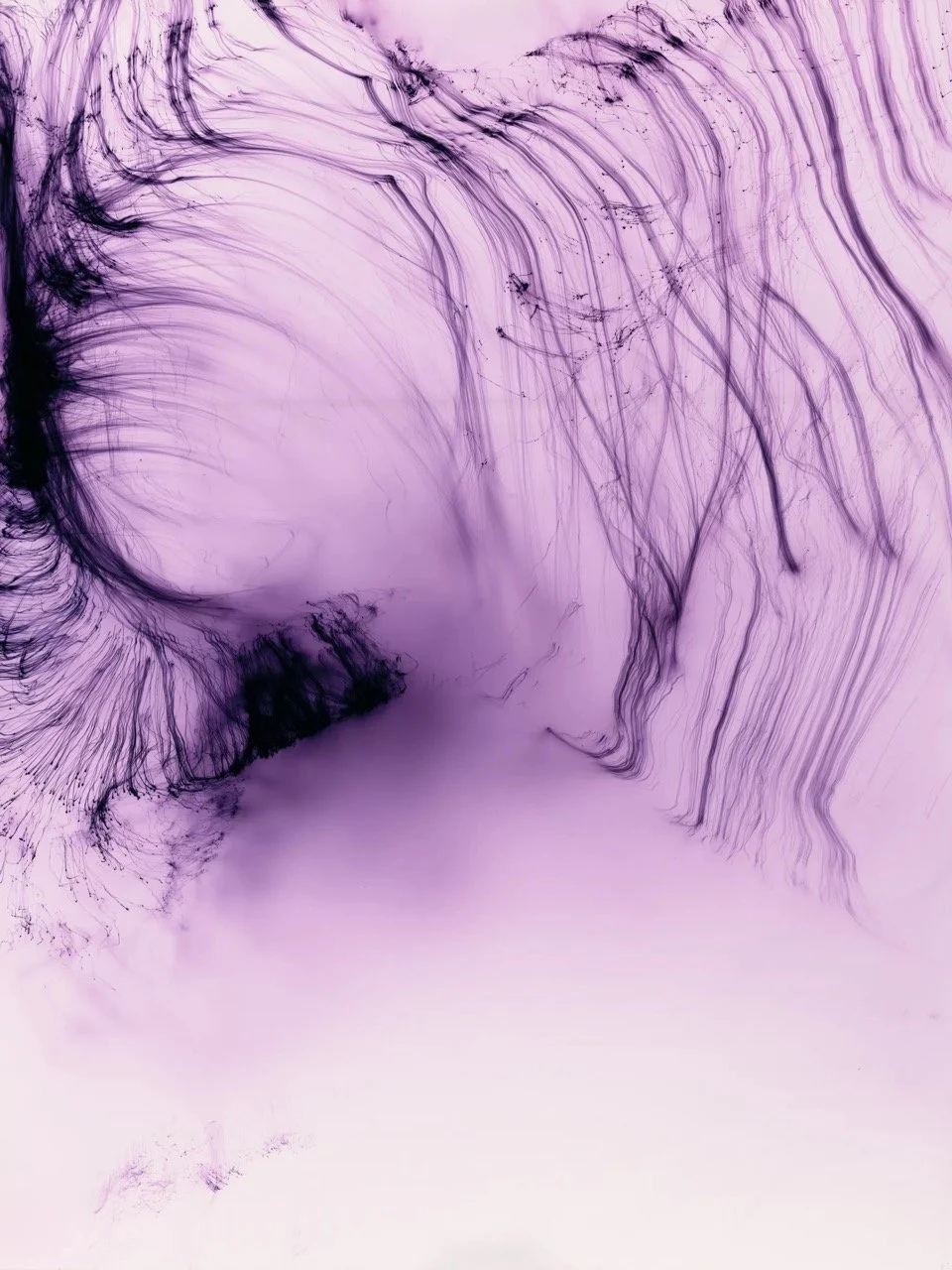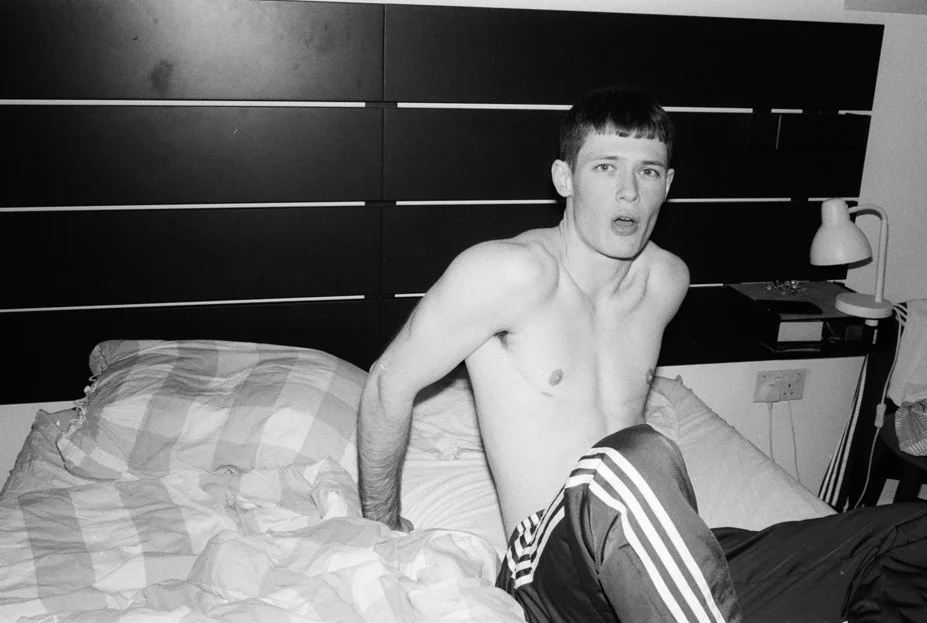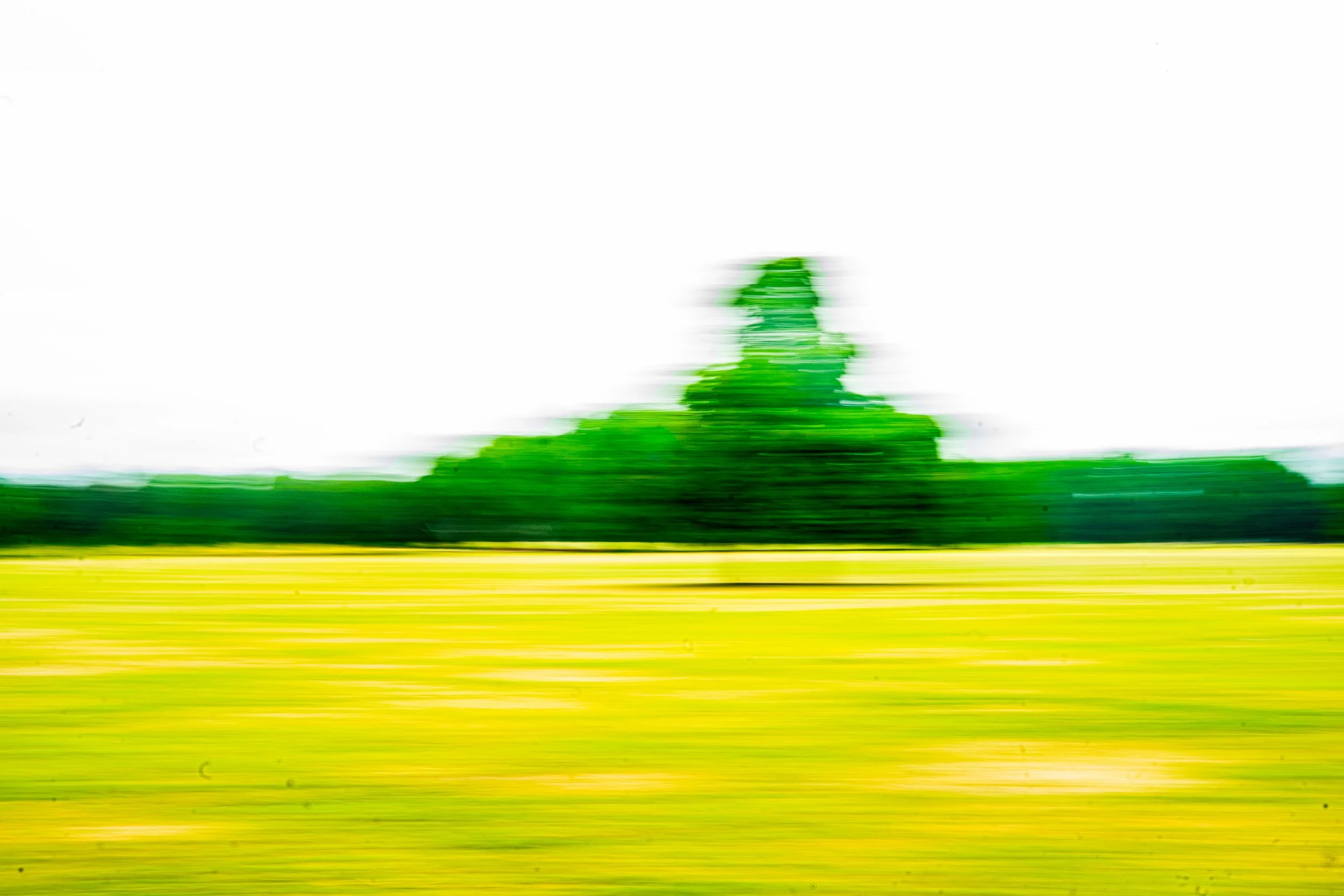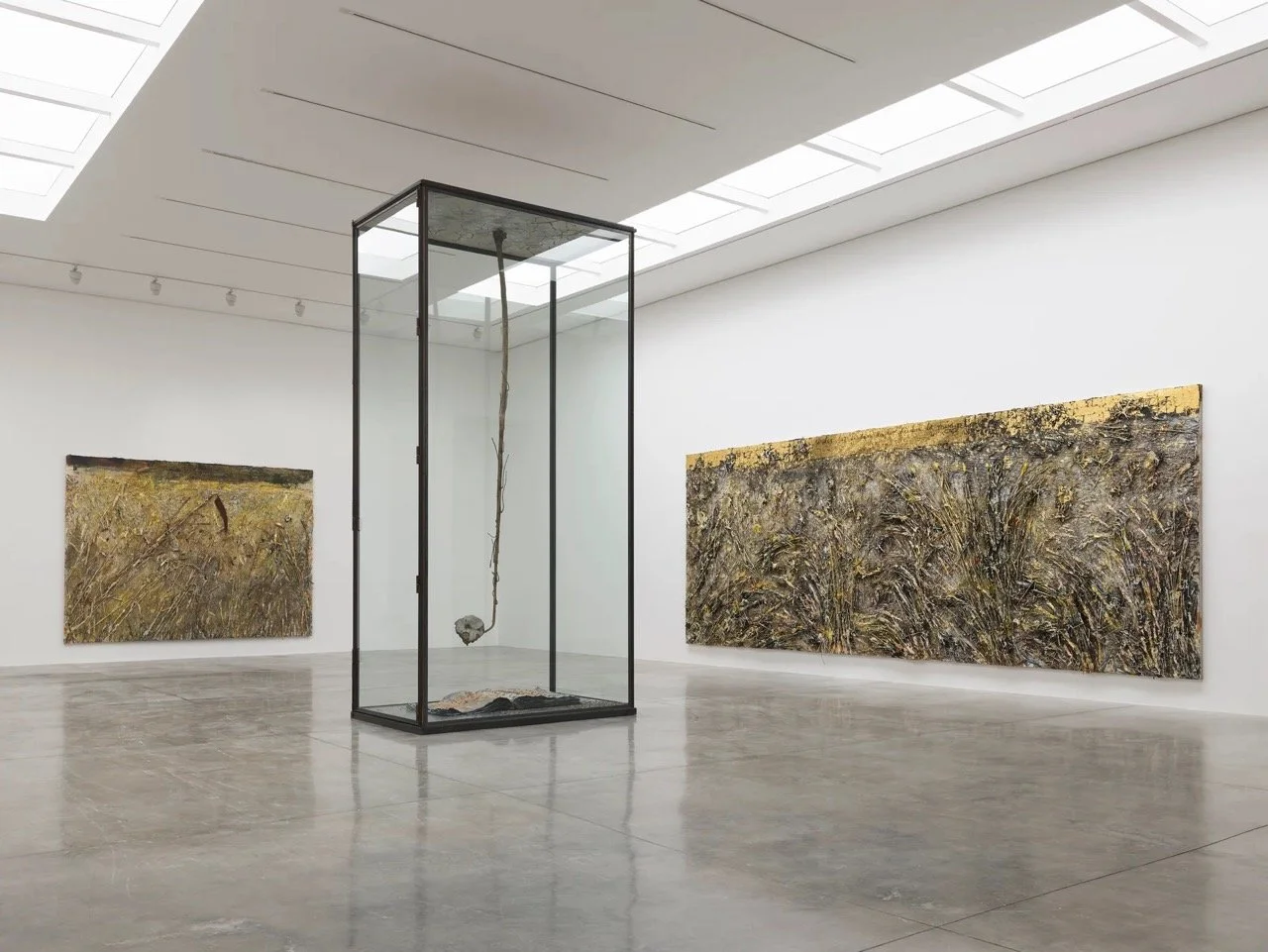DISPATCHES
AUTUMN BEACON DISPATCH
London’s cultural season begins with a sharper focus this September. Major shows include Stan Douglas at Victoria Miro, Dirty Looks at the Barbican, Kerry James Marshall’s landmark survey at the Royal Academy, and Lee Miller’s retrospective at Tate Britain. Alongside these, Cai Guo-Qiang at White Cube and Hugh Hayden at Lisson Gallery expand the city’s international reach, while Queeriosities and new student platforms highlight grassroots energy. Together, they signal a city balancing material honesty, archives, and community-driven curation.
The Return of Conditions
The problem is not content, it is condition. Access, care, and land converge into a quiet ethic that changes what culture can hold. This is a map for tending the beam, not chasing the storm.
Butchered: Truth Stains the Sea
Anish Kapoor’s BUTCHERED bleeds truth across the North Sea, Greenpeace’s canvas staining steel with urgency. Joined by Hepworth’s recovered sculpture and the Folkestone Triennial, this essay traces how art is reclaiming matter as a vessel for memory, rupture, and repair.
The Hand in Public View
Drawing, printing, painting, listening, London’s hand is visible again. The Royal Drawing School’s 25th-anniversary programme makes drawing a public skill. At Serpentine South, Peter Doig turns the gallery into a listening room where paintings and analogue speakers share breath. At Studio Voltaire, It’s A Love Thing brings archival posters and new commissions into a living print room. Imperfection is not a flaw, it is a stance, a way to remember, to repair, to pay attention.
Mapping the Distance Between Us
Intimacy, but re-plotted. At Southbank Centre, Rambert and LA(HORDE) turn the site into a moving score. At Somerset House, Virtual Beauty studies the ache between screen and self. At Piccadilly Circus, IWM screens Es Devlin and Machiko Weston’s I Saw The World End, a public memorial in light. London tests how closeness can exist without touch, how memory can be shared in air.
Poetics of the System
What if the system itself became the poem?
Rather than tear systems apart, artists are now weaving with them. Industrial pipes, legal codes, public seating — these are not just materials, they’re metaphors. At HSUBAND, fittings become stand-ins for emotional closure. Claudia Pagès Rabal turns water laws into choreography. Olaf Metzel bends public infrastructure until it speaks.
This isn’t escape. It’s entanglement. It’s what happens when poetry emerges from inside the grid.
Intimacy as Rebellion
In a world obsessed with scale, speed, and algorithmic reach, some artists are choosing to go small, slow, and tender — not as retreat, but as revolt.
For Yasuhiko Iida, photography is a diary that forgets its grammar. For Cassidy Toner, a sculpture becomes a murmur instead of a shout. For Ruth Asawa, looping wire is a way of being in the world, not just a form. These aren’t acts of nostalgia. They’re refusals — of spectacle, of polish, of performance.
Intimacy becomes the rebellion. Material becomes memory. And presence becomes enough.
The Simulation Reflex
What happens when artists stop resisting simulation and start speaking its native tongue?
In a cultural moment saturated with machine logic, art is no longer pretending to be “real.” It’s metabolising the artificial, not as aesthetic but as infrastructure. Artists like Matteo Rattini, Danielle Brathwaite-Shirley, and the conceptual writers at Fakewhale aren’t warning us about AI. They’re staging its instincts, exposing the systems we’ve come to call thought.
A sculpture that doesn’t exist. A game that lies to you. An essay that loops like a machine. The Simulation Reflex isn’t dystopian — it’s diagnostic. These works don’t reject illusion, they reveal the reflex that powers it.
This is what happens when performance becomes substrate, and cognition itself is the medium.
Toward a New Grammar of Reality
As simulation collapses and spectacle exhausts itself, a new cultural grammar is quietly emerging — one grounded in refusal, presence, and symbolic integrity. This SUPERWRX dispatch maps the fault lines.
Soulless Machines, Entropic Dreams
What happens when synthetic beauty becomes lifeless? These artists answer with chaos, collapse, and raw emotional charge.
Artists like François Vogel, Sophia Al-Maria, and Marcello Maloberti are turning away from the frictionless, soulless outputs of AI to embrace entropy, glitch, and emotional rupture. Their works do not reject technology outright, but challenge its smooth, hollow aesthetics by offering distortion as truth.
Icons in Collapse
Iván Argote reimagines broken statues as playgrounds. Ryan Gander suspends his robotic body in fragments. Wolfgang Tillmans whispers through a library.
These artists don’t destroy icons. They rearrange them, haunt them, and let them fail with grace.
The future isn’t built on heroes. It’s composed of ruins.
The Body Remembers Systems
From meditative interventions to suspended objects, these artists are rethinking the body as a tool for structural critique.
Mónica Mays sculpts absence into gesture. Grace Ndiritu breathes resistance into the museum. Yuki Okumura exposes the architecture that choreographs us.
Tender Frontlines: The Politics of Intimacy
Across London and beyond, artists are turning inward, using intimate spaces and personal rituals as powerful tools of resistance. Exhibitions like Clutching at Ornaments and Bernice Mulenga’s photographic archives celebrate closeness as a counterpoint to digital dispossession. In a world of relentless spectacle, these quiet gestures remind us that vulnerability can be both radical and transformative.
LONDON ART DISPATCH MID -JULY 2025
This summer, London’s galleries present three unmissable exhibitions. Alien Shores at White Cube reimagines landscape through surreal, speculative visions. As the earth trembles at Pippy Houldsworth Gallery showcases abstraction as a vessel of resilience. At Beaconsfield, Manifesto for Sustainable Experimentation celebrates 30 years of radical art-making. Together, these shows reveal a city alive with creative inquiry.
Rewilding the White Cube
Museums and galleries are stepping outdoors, rewilding art in landscapes that dissolve the boundaries between culture and nature. From Hauser & Wirth’s rural installations to Henry Moore’s sculptures planned for Kew Gardens, these experiments invite audiences to experience art as part of a living ecology—an embrace of impermanence and place over sterile control.
Institutional Reinvention and Retreat
Across the art world, institutions are rethinking what it means to endure. Tim Blum steps back from the gallery treadmill. Bow Arts secures permanent community space. without SHAPE without FORM expands into wellbeing. These shifts suggest sustainability depends on clarity of purpose rather than size, inviting us to question how cultural organisations define success.
Queer and Feminist Reinterpretations of Domestic Space
A wave of artists is reclaiming domestic space as a site of transformation. Zofia Palucha exposes how power seeps into private rituals, Lynn Hershman Leeson reveals the surveillance lurking in intimacy, and Tai Shani constructs mythic interiors. Their work reframes the home as a stage for agency, desire, and collective imagination.
LONG READ - From Entropy to Stewardship: Reclaiming Agency at the Edge of Collapse
In a time of uncertainty, artists and institutions are reclaiming agency by turning decay into fertile ground. From Sterling Ruby’s rusted sculptures to Tacita Dean’s analog films, these practices model stewardship as an act of care and resilience. They reveal that embracing impermanence can open space for new ways of thinking about cultural purpose.
Resurgence of Tactile, Analog Processes
As digital production accelerates, artists like Anna Olivia Riley and Tacita Dean are reviving analog processes as a quiet act of defiance. Through photobooks and 16mm film, they embrace imperfection and materiality over speed. Their work invites us to rediscover the power of slowness and the meaning found in handmade, time-intensive practices.
LONDON ART DISPATCH JULY 2025
This July, London’s galleries celebrate artists who transform material and memory into new visions. Anselm Kiefer’s layered landscapes revisit Van Gogh through myth and poetry. Michaela Yearwood-Dan creates vibrant spaces of queer joy and reflection. Megan Rooney’s abstractions reveal colour as both seduction and resistance, while Josef Albers’ complete print portfolios illuminate decades of radical experimentation. Discover four exhibitions where tradition, process, and transformation converge.






